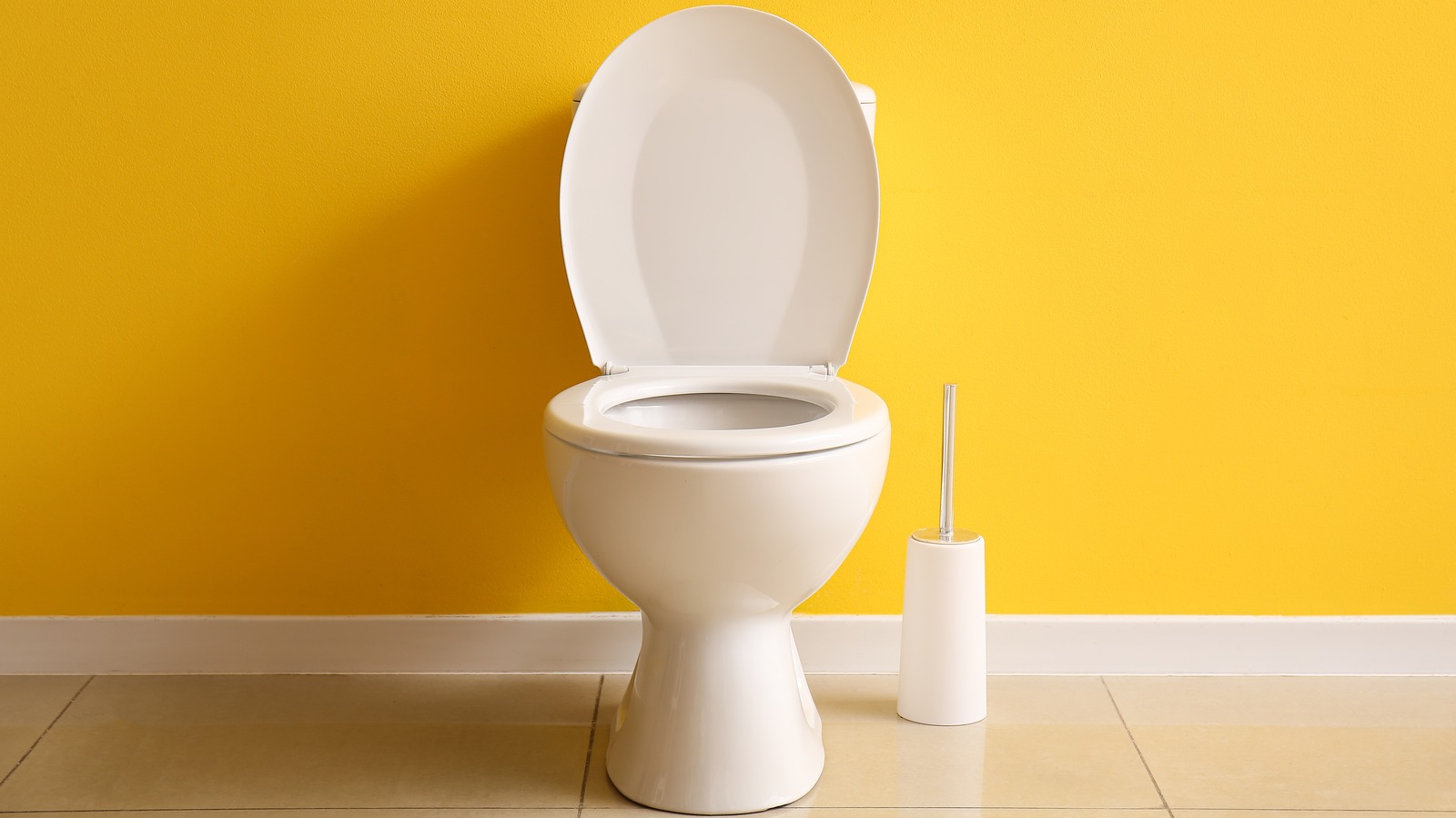
The average amount of stored human poop is about 14 ounces, but Health Partners describes several factors that influence poop quantity, and therefore poop retention, including exercise, diet and type/ratio of nutrients, water, age, medication, stress, and more. Meanwhile, Mind Body Green discusses links between hormone levels and bowel regularity, especially related to women’s monthly cycles. And of course, if someone has a disorder like irritable bowel syndrome (IBS), all bets are off.
But above all else, constipation — or a lack thereof — determines how much poop a person carries inside. Live Science says that about 30% of poop is composed of fluids and the other 70% of solids. If poop moves through the body too quickly, not enough water gets absorbed and poop becomes soft, as My Cleveland Clinic says. If poop moves too slowly, more water gets absorbed and poop becomes firm. The longer poop stays inside, the more water gets absorbed, the firmer the poop gets, and the harder it is to poop the poop out. And the longer you’re constipated, the more poop accumulates in the body’s exit apparatus: the colon.
Read Related Also: Woman Fatally Shot At Baby Shower After Altercation With Another Woman, Police Say
However, Dr. Darren Brenner, a professor in the gastroenterology division at Northwestern’s Feinberg School of Medicine told Politifact that major poop accumulation isn’t really a thing. According to Brenner, “there is unlikely to be more than a few pounds of stool in the colon,” even for constipated people.
However, in a rare case, Inverse describes how a 22-year-old Chinese man stayed constipated his entire life. In 2017 doctors surgically removed almost 30 pounds of feces from inside his inflamed, disturbingly colossal colon.








